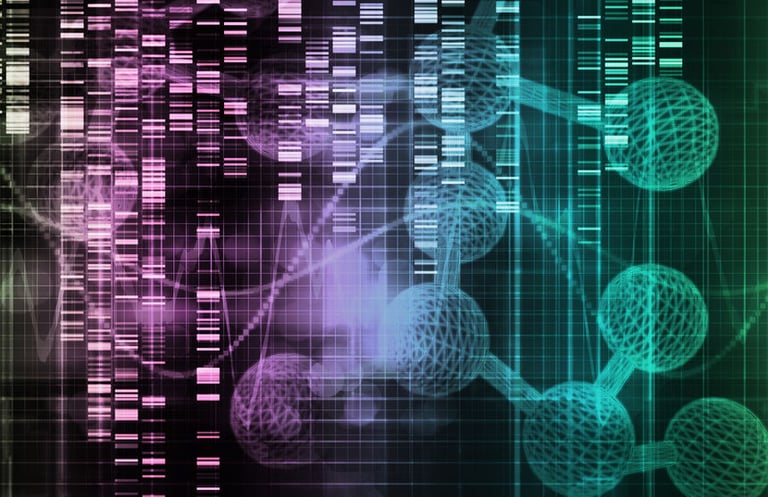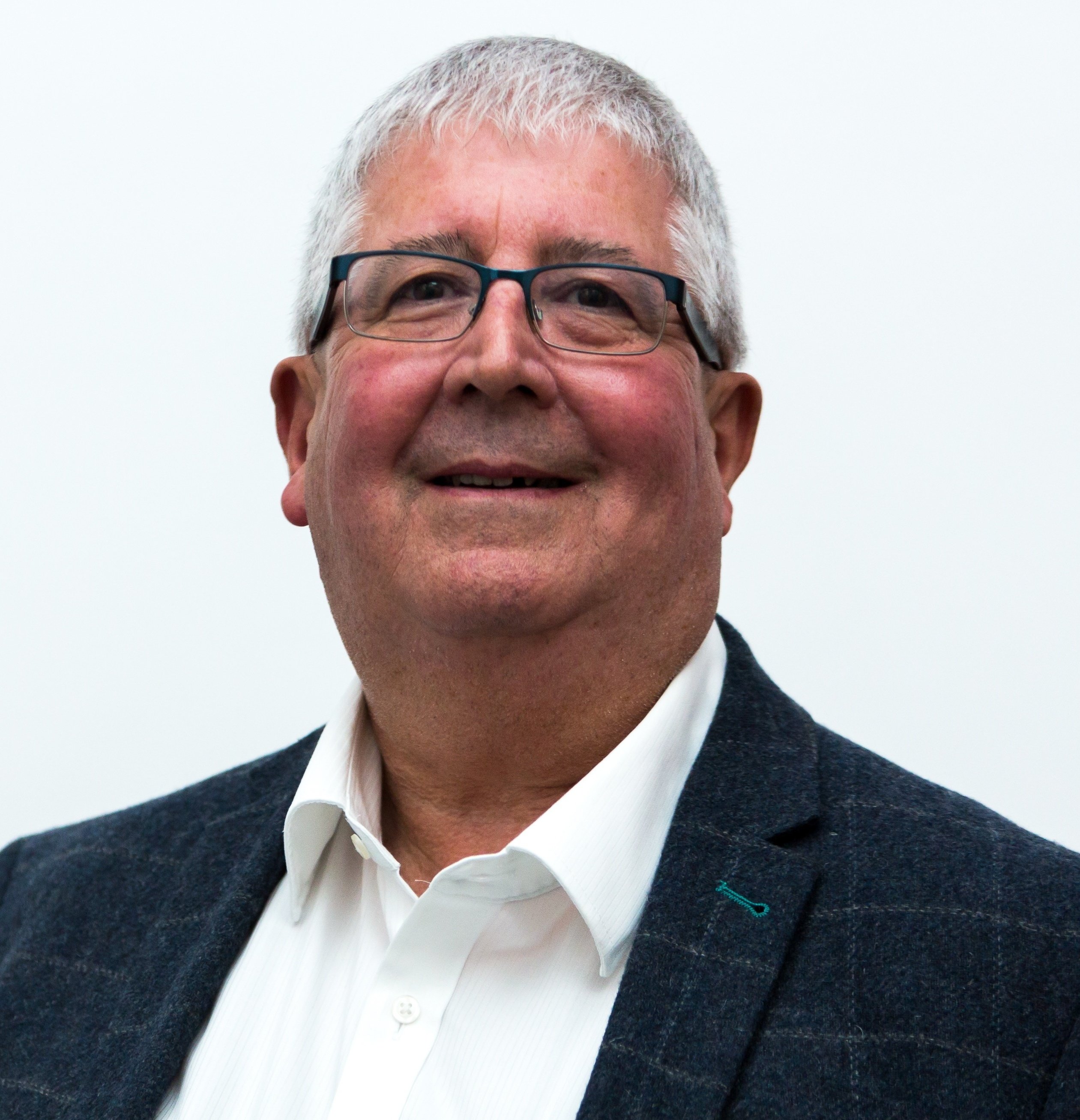By Kevin Moore
Biomarker discovery and development depends critically upon the accessibility and quality of biospecimens. Higher throughput and more integrated approaches for biospecimen management and biobanking are becoming increasingly important to avoid industry bottlenecks, as the number and diversity of samples expands rapidly. The track entitled "Biologics Discovery" at SLAS 2018 will include the session "Biobanking: At the Intersection of Biospecimens and Discovery." We interviewed the chair of the session, Dr. Andy Zaayenga of SmarterLab, to find out more.
Better biobanking needed to accelerate biomarker discovery
The quality of biologics research and development depends on ready access to quality biospecimens. The drive for personalized medicine is fueling scale-up and increased throughput of biomarker discovery. To keep pace and avoid bottlenecks, the need for larger scale, more integrated biospecimen management solutions is growing fast.

"Biospecimens play a key role in biomarker discovery, providing a pathway to personalized medicine," says Dr. Zaayenga. "They also facilitate more efficient and potentially more rapid and less costly drug development."
Biobanks may be population-based or disease-oriented and they may contain a variety of samples such as organ tissue, blood, urine, enzymes, DNA, RNA, and cell lines. Integrating the management of these varied and growing collections presents significant challenges across the sector. This session will focus on the junction of biobanking and drug discovery, and how researchers are exploiting biospecimen-based new candidate identification.
"The session will be particularly valuable to researchers utilizing biospecimens in biomarker and drug discovery, who will benefit by hearing from domain experts in biorepository technology,” he adds.
Innovations in biorepository technology
The session will cover a breadth of topics, featuring “clinical and translational research, genetic analysis, and the migration of biospecimen collections into traditional small molecule collection operations.” Talks will include:
- Accelerating clinical and translational research for biomarker discovery through Advanced, Standardized Cell Isolation Methodologies (Stanford University): how to increase throughput, minimize hands-on time and impact of technician variability; role of automation; procuring and processing solid tissues into single-cell suspensions with minimal impact to cell surface antigens; cryopreservation to ensure cell viability; potential to accelerate and reproduce applications for biomarker discovery
- Automated biobanking in R&D at Regeneron Pharmaceuticals: fully automated biobank with a variety of cold store solutions; large-scale biobanking combined with proprietary automated solutions
- Genomics-driven Drug Discovery at the Regeneron Genetics Center: application of innovative sample biobanking, proprietary automated technology, advanced DNA sequencing, and state-of-the-art cloud computing to build a comprehensive genetics database that currently contains the genetic information of well over 200,000 patient volunteers, many of which are paired with detailed de-identified medical records, and continues to grow rapidly
- Bridging the Materials Management Gap: Leveraging Amgen's Compound Management Infrastructure to Include Biologics: describes the software, automation, and processes put in place that allowed Amgen to grow its collection 10-fold while simultaneously reducing staffing requirements; explores utilization of small molecule management "tricks of the trade" to enable efficient biologics sample tracking including barcoding strategies, temperature requirements, standardization of consumables and attributes within sample types. As a result of this initiative the distribution network of hundreds of freezers and materials across Amgen is now searchable globally.
Want to know more?
Visit us at SLAS2018 and speak to a Tecan Expert.
About the author

Kevin Moore
Kevin Moore is Head of Markets and Applications based out of Tecan’s head office in Männedorf, Switzerland. He heads the team tasked with bringing both products and application for the liquid handling to the market. Prior to joining Tecan in 2007, he was head of Compound Management and Technology project manager for the Neuroscience Research Centre of Merck & Co in the UK, where he worked for Merck for 20 years.











